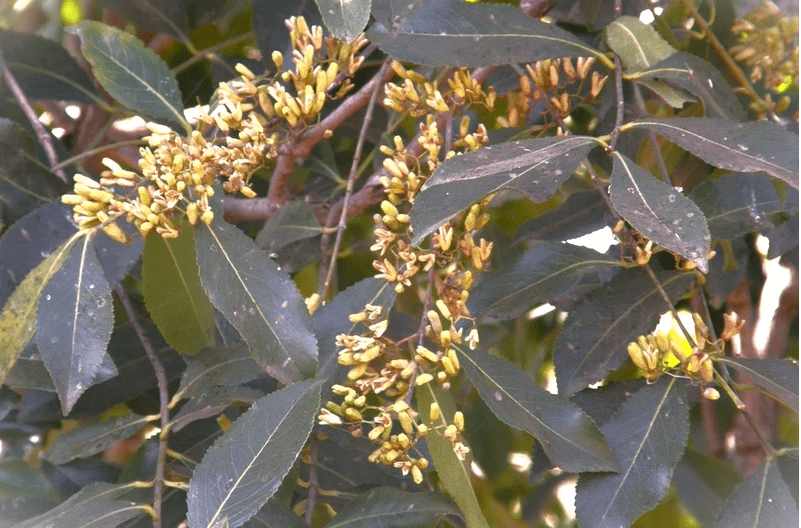
Is khat posing a new drug threat in SA?
Khat use as a stimulant drug has increased in South Africa due to the growing Somali and Ethiopian communities.

Khat, a stimulant or recreational drug, is being used more in South Africa. While the plant itself is not new to SA, its use as a stimulant drug has increased. This is mostly due to the growing Somali and Ethiopian communities.
WHAT IS KHAT?
According to the Alcohol and Drug Foundation (ADF), the buds and leaves of the khat plant (Catha edulis) are chewed for stimulant and euphoric effects. Traditionally, it has been used for medicinal purposes as well as recreationally. It contains cathinone and cathine, which are chemicals that produce the stimulant effects.
One can chew the leaves and buds fresh or dried. Other names for khat are qat, kat, chat, and qaad.
Khat is sometimes mistakenly confused with ketamine – a dissociative drug used in South Africa. Other names are special K, K, ket, kitkat, ketters, super k, and horse trank.
KHAT CHEWING IN THE MIDDLE EAST AND EASTERN AFRICA
Chewing khat is a part of social traditions in some parts of the Middle East, such as Saudi Arabia and Yemen, and in Eastern Africa, like Somalia. The influx of communities from countries where khat chewing is common, like Somalia and Ethiopia, is a major factor behind the rise in khat use for its stimulating effects.
KHAT BUSTS RAISE CONCERNS
Colesberg SAPS intercepted a truck last week en route from Johannesburg to Cape Town at a fuel station after receiving information that it was allegedly transporting drugs. Upon searching the vehicle, officers discovered 12 boxes containing more than 2 300 bundles of khat, according to capetownetc. The estimated street value of this illicit cargo is approximately R117 000.
Earlier this month, SAPS Flying Squad members arrested two suspects and recovered Khat plants worth an estimated R600 000. The plants were transported in a minibus on the N1 between Johannesburg and Cape Town.
THE DETRIMENTAL EFFECTS
The short-term effects of khat include feeling energetic, alertness, improved concentration, faster heartbeat, and increased blood pressure. The comedown effects can last for up to 24 hours and include restlessness and irritability. Depression, mood swings, and violent behaviour are some of the longer-term effects.
Regular use of khat may cause mental health problems, sleep-related issues, liver disease, inflammation in the mouth, and mouth cancer.
More serious effects include psychotic reactions, heart palpitations, brain bleeds, heart attacks, and hallucinations, according to the National Library of Medicine. Another risk is pesticide residue. Many people who use khat as a stimulant do not always wash it properly.
Psychologically, people who regularly use khat can become dependent on the drug believing that they need khat in order to perform normal activities like working, studying and socialising, or just to get through the day.
